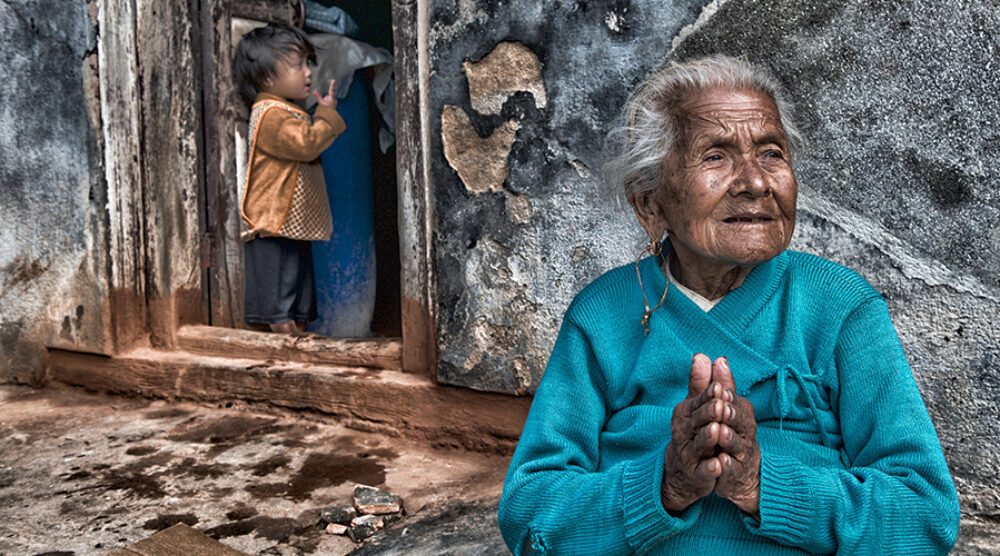On 9 February 2019, the operational mandate of Nepal’s Truth and Reconciliation Commission (TRC) and Commission of Investigation on Enforced Disappeared Persons (CIEDP) was due to expire. With neither commission having completed even one investigation into the tens of thousands of complaints filed by victims of human rights violations committed during the country’s decade-long Maoist conflict (1996-2006), it was to be an inauspicious end to a transitional justice process widely viewed as a failure.
Yet, in a last minute turn of events, the Nepalese government last week extended the commissions’ terms by one year in response to pressure from the international community and victims groups to keep moving the transitional justice process forward. Although the extension has been cautiously welcomed, the achievement of meaningful justice for the victims of conflict-related human rights violations faces both persistent challenges and renewed uncertainties.
Created by the 2014 Commission on Investigation of Disappeared Persons, Truth and Reconciliation Act (TRC Act), the CIEDP were to focus on investigating conflict-related disappearances. And the TRC and CIEDP were originally mandated to:
“Investigate the facts about those involved in gross violations of human rights and crimes against humanity during the course of the armed conflict, and to create an environment of reconciliation in the society.”
In the four years since they became operational, the commissions have made little progress: the TRC has only completed preliminary investigations in less than 10% of its cases, while the CIEDP has commenced investigations in 75% of cases.
Please click here to read the full “Nepal’s Truth and Reconciliation Commission limps on” article in The Interpreter, written by Griffith Asia Institute member, Professor Renee Jeffery.








